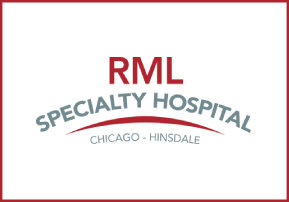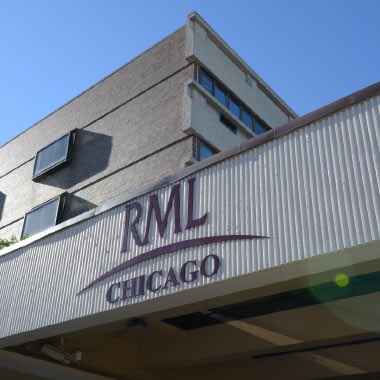Sleep is arguably the most important part of a healthy lifestyle. A good night’s sleep can improve health, focus, creativity, memory, and mood. Sleep can help you live longer, lower overall stress, and improve the quality of life. Sleep has been shown to decrease inflammation in the body, which has been linked to heart disease, stroke, diabetes, and arthritis.
Most people do not get a good night’s sleep due to pressures at work and at home. They might suffer from chronic insomnia and stress. People over-medicate with stimulants, such as caffeine, which prevents them from sleeping.
Here are some non-pharmacological aids to help you sleep:
- Light exercise an hour or more before bedtime can help a person fall asleep faster.
- Minimize light, noise, and excessive temperature in the bedroom.
- Resolve stressful issues or problems before going to sleep.
- Listen to soothing music or meditate 15 minutes beforehand.
- Avoid drinking fluids to prevent frequent bathroom visits.
- Stop caffeine intake in the late afternoon.
Developing a nightly sleep ritual with the above aids on a consistent basis can help improve sleep.
Over the counter sleep aids are available when non-pharmacological measures are insufficient. Most sleep aids contain diphenhydramine, mostly used for allergic reactions. It can cause sedation, so is used to help with sleep. Tolerance can develop over time, so the longer it is used, the less likely it will help. Diphenhydramine is known to produce a “hangover” effect of grogginess the next morning. Other medications contain doxylamine (Unisom) which works similar to diphenhydramine. Melatonin can be used to help prevent jet lag and reduce the time to fall asleep, though its effects are mild at best.
Drinking alcohol may seem like a good idea, but persistent use has been shown to create more sleep disorders.
Prescription benzodiazepines such as zolpidem (Ambien), or hypnotics such as eszopiclone (Lunesta) are available from your physician. Side effects are mostly mild to moderate, such as dry mouth, daytime drowsiness, stomach pain, and headache. These medications are considered controlled substances, and dependence and abuse can happen without proper supervision from a physician.
A good night’s sleep is crucial for a healthy life. If experiencing insomnia, first start with non-pharmacological aids. Consult with your doctor before starting any over-the-counter medications or if a prescription is needed for stronger relief.
- Min Ko, PharmD





